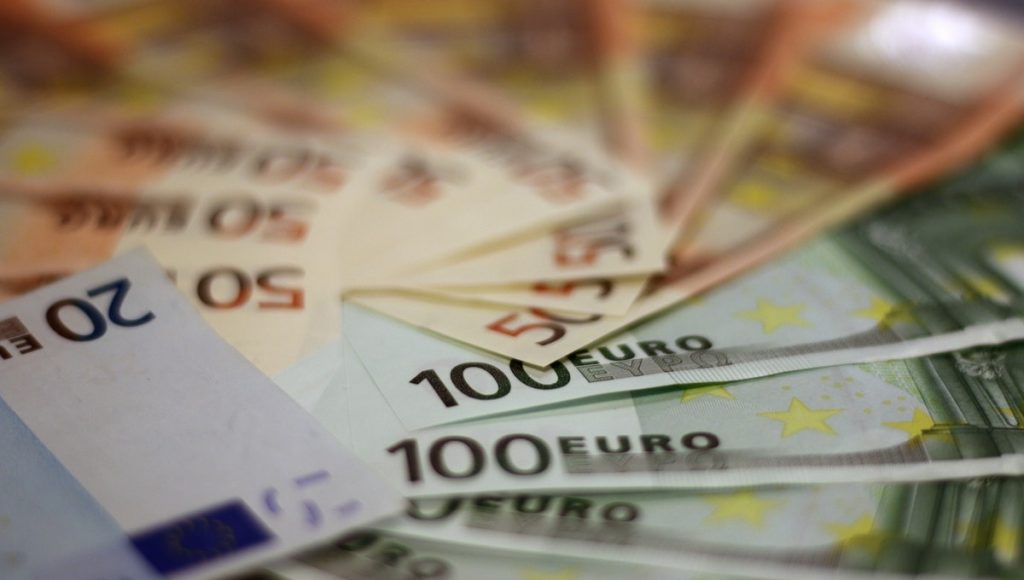
Life in Germany. The 300 euro bonus in Germany is part of an aid package for people working and living in the country. The first payment is due in September.
In mid March the German government agreed on a package of relief measures for households struggling with energy costs. One of the approved measures was a one-off €300 energy allowance for workers with a low and middle-income.
What is the Germany 300 euro bonus?
The German government announced a 300 euro energy allowance relief payment which is a one-time payment as a taxable bonus to salaries.
The package provides, among other things, a flat-rate energy surcharge of EUR 300 and a 100 euro Kinderbonus for each child, a discount on fuel and cheap tickets for public transport.
It was also announced there could possibly be free tickets that are intended to supplement the 9-euro ticket. We wrote about it here: Berlin: BVG offers free tickets, when are they available and for how long?
The money will be paid out by the employer as a salary subsidy, and the tax prepayment is reduced for the self-employed. The 300 euros are then subject to income tax.
This means that citizens with a high tax rate get less out of it in the end, and those who remain below the basic tax-free allowance benefit from the full amount.
Who is entitled to the 300 euro energy allowance?
The bonus under the new aid package will be granted to people who earn more than EURO 9,984 per year.
Due to the fact the 300 euros are then subjected to income tax, this means that citizens with a high tax rate get less out of it and those who remain below the basic tax-free allowance benefit fully from the amount.
When and how will the 300 Euro bonus be paid out?
All the employed workers who qualify for the bonus will be paid a one-time flat-rate energy allowance of €300 as a supplement to their salary. A tax prepayment will be reduced for the self-employed.
We have details on when the 300 euro bonus will be paid out here.
How much will each worker be paid?
A single person with a gross monthly income of € 3,000 and tax class 1 will only get around € 158 net, the rest will be deducted in the form of taxes such as payroll tax. Single people with 2,000 euros gross a month will get around 170 euros net as part of the flat-rate energy subsidy.
Germany 300 Euro bonus: Who is NOT entitled to it?
Unfortunately, people paying minimum taxes will most certainly not be able to receive 300 euros from the government. Anyone who acquired an amount lower than this and pays a very low income tax or does not pay it at all, will not be able to receive aid from the government.
This category includes:
- People who work for the Minijob (who do not fall into tax classes 1 to 5)
- Free internship trainees
- Retirees and pensioners
- Pupils
READ ALSO:
AFRONEWS AWARDS 2023 NOMINATIONS NOW OPEN!!
7 things you need to know about Urlaubsgeld, the holiday allowance in Germany
List of well-paying professions in Germany you should know about
How can a pensioner secure the 300 euro energy allowance?
According to BILD, pensioners who are doing minor work should be able to secure the 300 euros from the state in a way that is legal. It also adds that an employment relationship can also qualify as mini-job or minor employment.
For example, should a pensioner be looking after his grandchild for an hour in 2022 for the day and receive a minimum wage of 12 euros from his children as part of a mini job or from self-employment. He then states this income in his tax return and receives the flat-rate energy price payment in May 2023.
The Ministry of Finance confirmed that it is completely legitimate to do a mini-job for a day or be self-employed.
However, unlike others, pensioners will not receive the money with their wages this fall, but can secure the bonus with their tax return in the following year. All that is required is proof of that activity being carried out, preferably with a bank statement showing the salary received.
READ ALSO:
Pedestrians in Germany risk fines of up to €350 for breaking this rule
How can students qualify for the 300 euro bonus?
A government draft stated that all marginal part-time workers this year will benefit from the energy price flat rate from both the 450 euro mini-job and short term employment regardless of the type of taxation.
Merkur.de wrote that students can also employ the same technique as pensioners to benefit from the 300 euro energy allowance. Mini-jobs are however common among the youth and so many have higher chances of securing the allowance in September.
The money will be paid out in September by the employer as a salary subsidy, and the tax prepayment is reduced for the self-employed. The 300 euros are then subject to income tax.
Source: infranken.de, merkur.de
